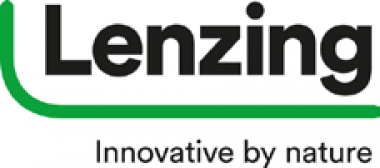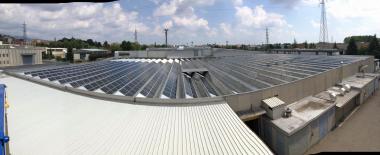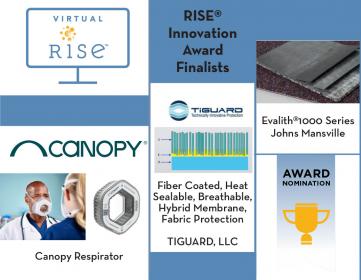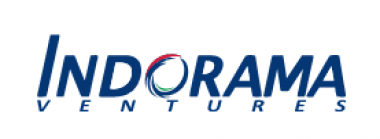ANDRITZ to supply a high-speed spunlace line to Welspun, India
International technology group ANDRITZ has received an order from Welspun Advanced Materials, India, to deliver a complete neXline spunlace line for the production of nonwoven roll goods and wipes for their new plant in Hyderabad, Telangana. The line has a capacity of up to three tons per hour. Start-up of the line is scheduled for the fourth quarter of 2021.
The ANDRITZ high-capacity spunlace line will process various types of synthetic or natural fibers, such as polyester, viscose and cotton. The final products will have fabric weights ranging from 25 to 120 gsm, thus covering many applications. This neXline spunlace line also offers the option to integrate a third component from a selection of smart layers, enabling Welspun to also manufacture products for the health care and hygiene sectors.
Welspun is the largest global exporter of home textiles. Innovation and quality lie at the heart of the company’s success, which already has nonwoven production lines in operation, including needlepunch and spunlace equipment. With its new plant in Telangana, Welspun will significantly increase its existing spunlace capacity and also maintain a broad range of applications as the final products are used in hygiene, home care and industrial cleaning. The new, advanced facility is a 100,000 sqm greenfield development that is part of a larger 1,500,000 sqm industrial complex also accommodating the Welspun floorings facility.
ANDRITZ AG





























